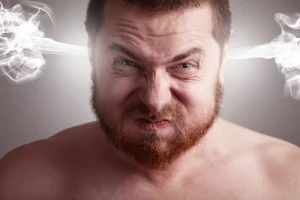
Discover how mindfulness in addiction recovery can reshape thoughts and promote lasting healing and well-being. Discover how to overcome burnout after you’ve burnt out, from recognizing symptoms to strategies for recovery. https://ecosoberhouse.com/ Dive into startling addiction to cell phone statistics & facts, impacts, and strategies to cut back.
Types of Relapse Triggers

Each individual’s experiences, triggers, and support systems differ significantly. Customizing a plan not only ensures it addresses the specific challenges a person may encounter but also fosters a greater sense of ownership and commitment to recovery. Have you ever had that feeling where a certain fragrance suddenly takes you back to your childhood? It is a romantic notion but the actual reason this occurs is that smell is connected to the part of the brain that triggers memory. All too often, it is this kind of connection that opens the door for addiction to creep back in. Alcohol relapse doesn’t start with picking up a drink – it starts when something triggers an old memory or instinct which changes the person’s mindset.
- A relapse can be a one-off event or even a short-term situation, but it is a part of your recovery.
- Feelings like anxiety, irritability, mood swings, or isolation may surface.
- Alcohol relapse is a common part of the process of becoming sober and because alcohol is so prevalent in society the risk is always there.
- Immediately after a relapse, you should contact your support network to assemble a game plan.
- Addiction relapse is often caused by stress or some unpleasant life situation, so the most important thing to do is create a calm, positive environment for them.
- Discover five surprising statistics about drug abuse in the US that reveal shocking truths behind addiction.
Prescription drugs
The person may also recognize the risk for relapse and reach out for help. Some research has found that 40% to 60% of people dealing with substance abuse disorders relapse within a year. Explore the risks and signs of nasal spray alcoholism treatment addiction and learn effective treatment and prevention strategies. We all have bad days, and where you may reach for a bar of chocolate (or even a glass of wine) to destress, the reality for a person with an alcohol addiction is far different. Sometimes the voice in their head becomes too difficult to control and they need extra support.
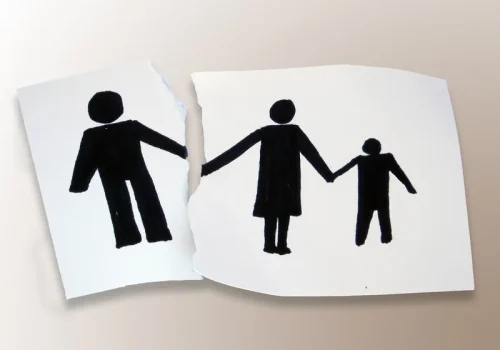
Medical Disclaimer
This can include counselors, therapists, doctors, self-help groups, sponsors, family members, and friends who are there to support you in both the good and hard times. Our emotions influence our thoughts and can be a big driver of how our minds and bodies react. Understanding your emotional needs and meeting them (or finding support to help you meet them) is important. The biggest sign of an impending emotional relapse is poor self-care which includes emotional, psychological, and physical care. A 2006 study published in the journal Addiction found that 62 percent of people treated for alcoholism through alcohol rehab or Alcoholics Anonymous maintained recovery after three years. About 43 percent of people who did not receive any form of treatment maintained sobriety.
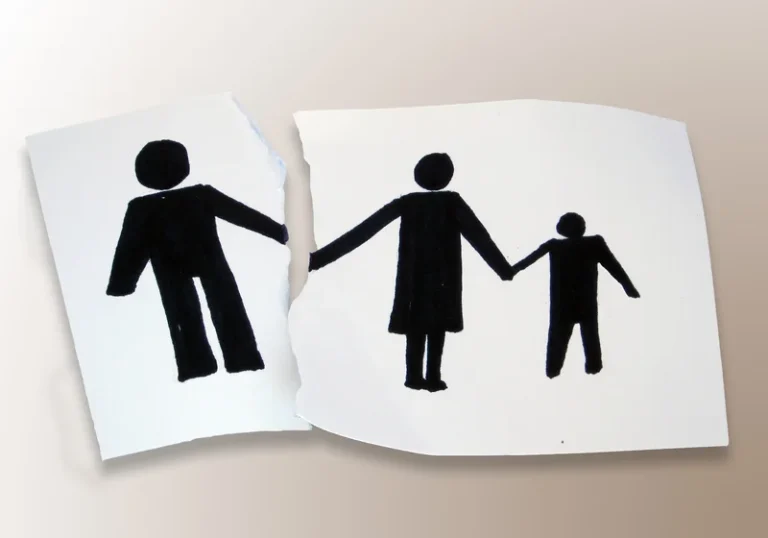
Most Common Triggers for Relapse and How to Avoid Them
Physical relapse is the stage in which the individual returns to drinking alcohol, often in significant quantities. This can occur within a short period of abstinence or after several months or years and is more likely if prevention strategies are not utilized within the previous two stages. Slips can cause a transition from an emotional relapse to a mental relapse or from a mental relapse to a physical relapse.
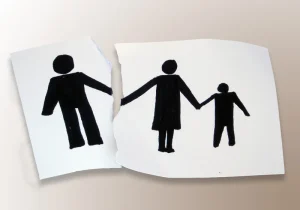
It’s not the same thing as a lapse, which is temporary and short-term — such as when you have one drink at a party, then go back to not drinking. Discover how to start drinking less, improve your health, and regain control with these effective strategies. Explore Lindsay Lohan’s drug addiction & alcohol abuse journey, from struggles to recovery. Sustaining long-term recovery requires commitment to not only follow the plan but to view it as a dynamic tool. By proactively revising the plan based on what is working or not, individuals can improve their resilience against relapse. Tracking progress and celebrating successes reinforces motivation while adapting the plan ensures it meets current needs.
- We do not receive any commission or fee that is dependent upon which treatment provider a caller chooses.
- Navigate alcohol withdrawal symptoms effectively with our comprehensive guide on management and care.
- Unveil alarming alcohol overdose effects, its impact on various populations, and preventive measures.
- The risk factors involved in relapse are similar to those involved with addiction.
- A relapse may look different for each person, depending on how much they use and the circumstances surrounding the relapse.
- A formal recovery plan gives you strategies for dealing with people or situations that could trigger relapses.
- Family counseling and therapy sessions may help loved ones to better understand the disease of addiction and learn to recognize potential relapse triggers and ways they can support in those instances.
- In a separate 2014 study published in Drug and Alcohol Dependence, researchers reported relapse rates of 506 people who had maintained recovery from alcohol use disorder for one year.
- For instance, you might switch from hard alcohol to beer with lower alcohol content or maybe reduce your drinking from six days a week to two.
- It takes years to conduct studies on people recovering from alcoholism.
- Planning for social situations where you know there will be alcohol can help you navigate how to respond.
Alcohol addiction has gotten worse throughout the COVID-19 pandemic. A alcohol relapse statistics few months after the pandemic and stay-at-home orders began, a surge of people came to Mental Health Match to find professional treatment for alcohol dependency. Going to a meeting and sharing your experience with others in recovery can help you remember that you are not alone. Sharing can help you create a connection with others and can bring a boost of confidence, knowing that if others have gotten back on track, you can, too.
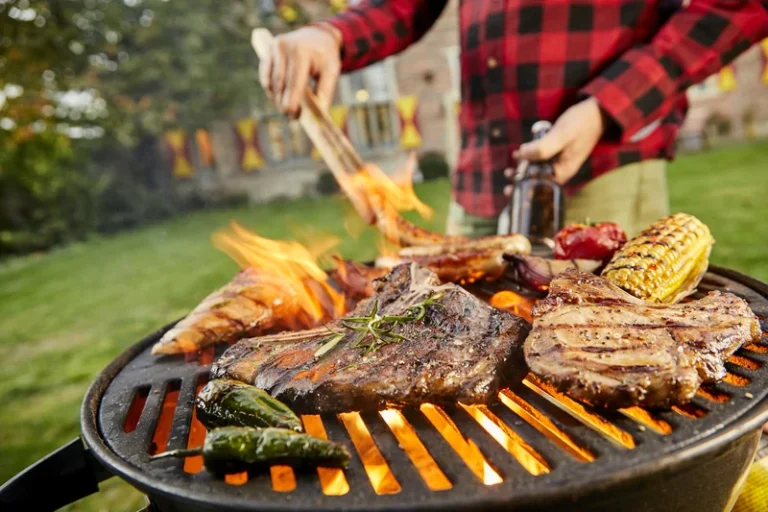
Texas therapist Danielle Ojeabulu writes that alcohol use is one sign of depression that you should watch for. Internal – These are triggers from within, thoughts and emotions, that make you want to turn to alcohol. It can be set off by positive emotions, like a celebration or the confidence to have “just one drink”, or negative emotions, such as frustration or stress.
- Think about things that led to or worsened this relapse and how to remove them from your life.
- If you start to think of yourself as a failure, you’re more likely to move into the next stage of relapse.
- A critical step in overcoming this stage of relapse is to practice self-care in its physical, psychological, and emotional aspects.
- By integrating your personal history with well-defined goals, you’ll create a comprehensive and effective relapse prevention plan that can significantly enhance your chances of sustained recovery.
Make a Plan to Prevent Relapsing Again
While it is a common part of the recovery process, it can lead to dangerous behaviors that may harm both the relapsing individual and their loved ones. Recovering from alcohol dependence and addiction can be a long and challenging process and you may experience several triggers, cravings, or relapses along the way. This guide helps you recognize early signs of alcohol relapse and implement prevention strategies to aid in avoiding relapse.
